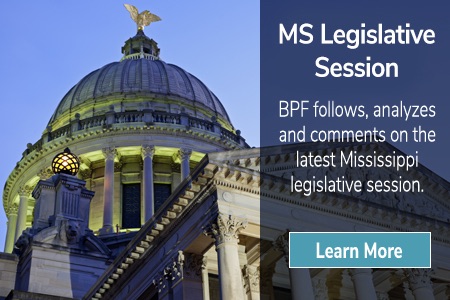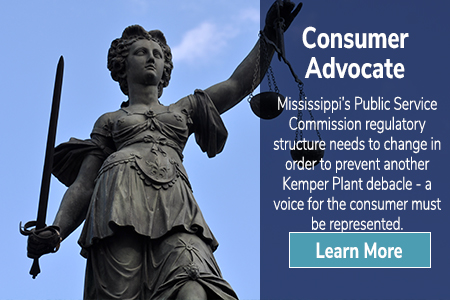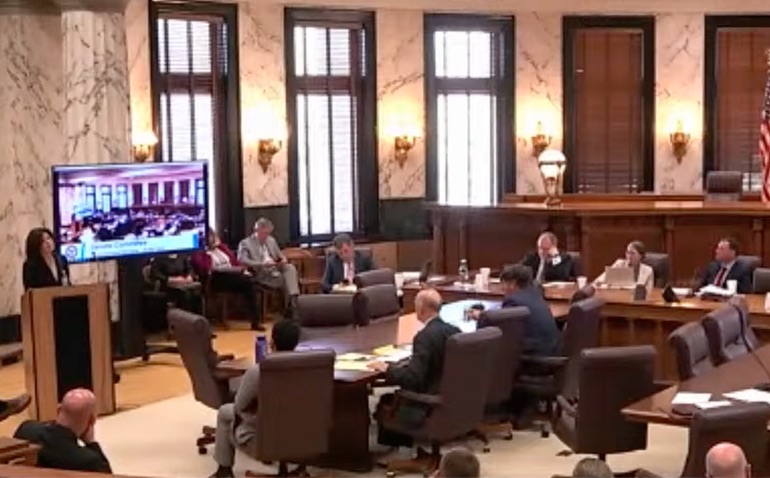Featured Work
PERS Board Hearing: What We Learned
Call for action: Hopefully the members of the Senate committee will move forward and bring HB 1590 to the Floor of the Senate for consideration.
PERS Puts Pressure on Local Hospitals
Did you know that PERS, the state’s retirement system, covers more than just state employees? In fact, the system covers employees of state agencies, state universities and community colleges, public school districts, cities and counties, and other entities like libraries, tourism bureaus, economic development districts, and even government-owned hospitals.
Do Rising Pension Costs Put University Bond Ratings at Risk?
We congratulate Dr. Rankins, the IHL Board of Trustees, and university presidents for working collaboratively to improve the financial position of IHL. Their efforts have worked, as reflected through the system’s strong financial position. Yet, risks outside the control of IHL remain.
A Local Perspective: Soaring Pension Costs Puts Pressure on Budgets
When the PERS Board voted to increase taxpayer funding by raising the “employer contribution rate” five percentage points at a cost of $265 million, most attention was given to state-supported entities (think: agencies, K-12 public schools, community colleges, and public universities). Yet the total funding required by this rate hike is $345 million, with some $80 million in new financial obligations placed squarely on the shoulders of Mississippi’s cities and counties. Unless something changes, the new rate (and higher costs) become effective July 1, 2024.
PERS: Fiscal Challenges
As lawmakers evaluate the state retirement plan, it is important to understand historical context, the origins of PERS, and its current benefit structure. The lawmakers who developed the system anticipated that members – those who benefit from the plan – would cover most plan liabilities, not taxpayers.
Mississippi PERS: An Overview
The Mississippi Public Employees’ Retirement System (PERS) faces significant financial and structural challenges – and Mississippians deserve to know more about this complex issue. After all, changes to the system directly affect our citizens’ pocketbooks.









